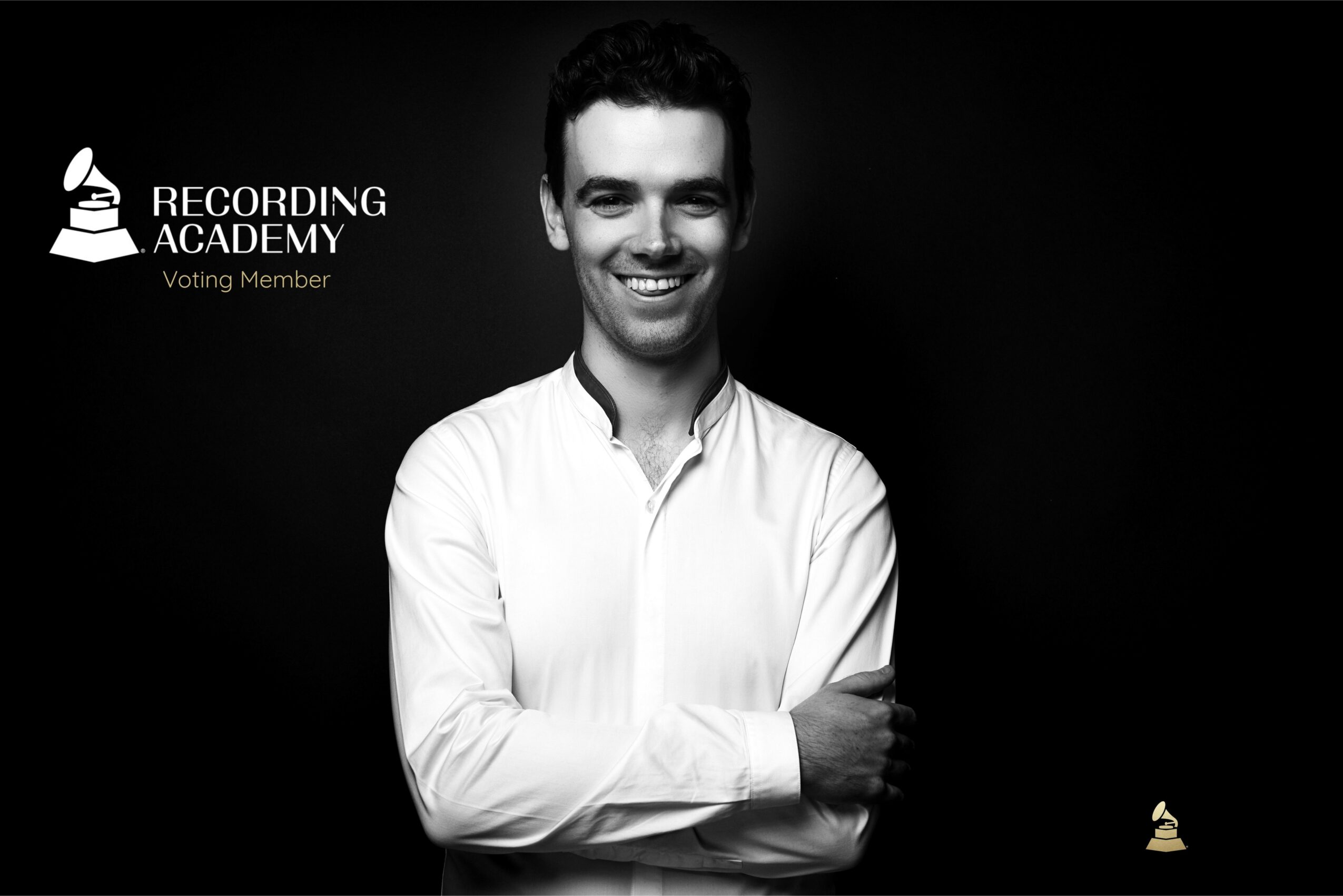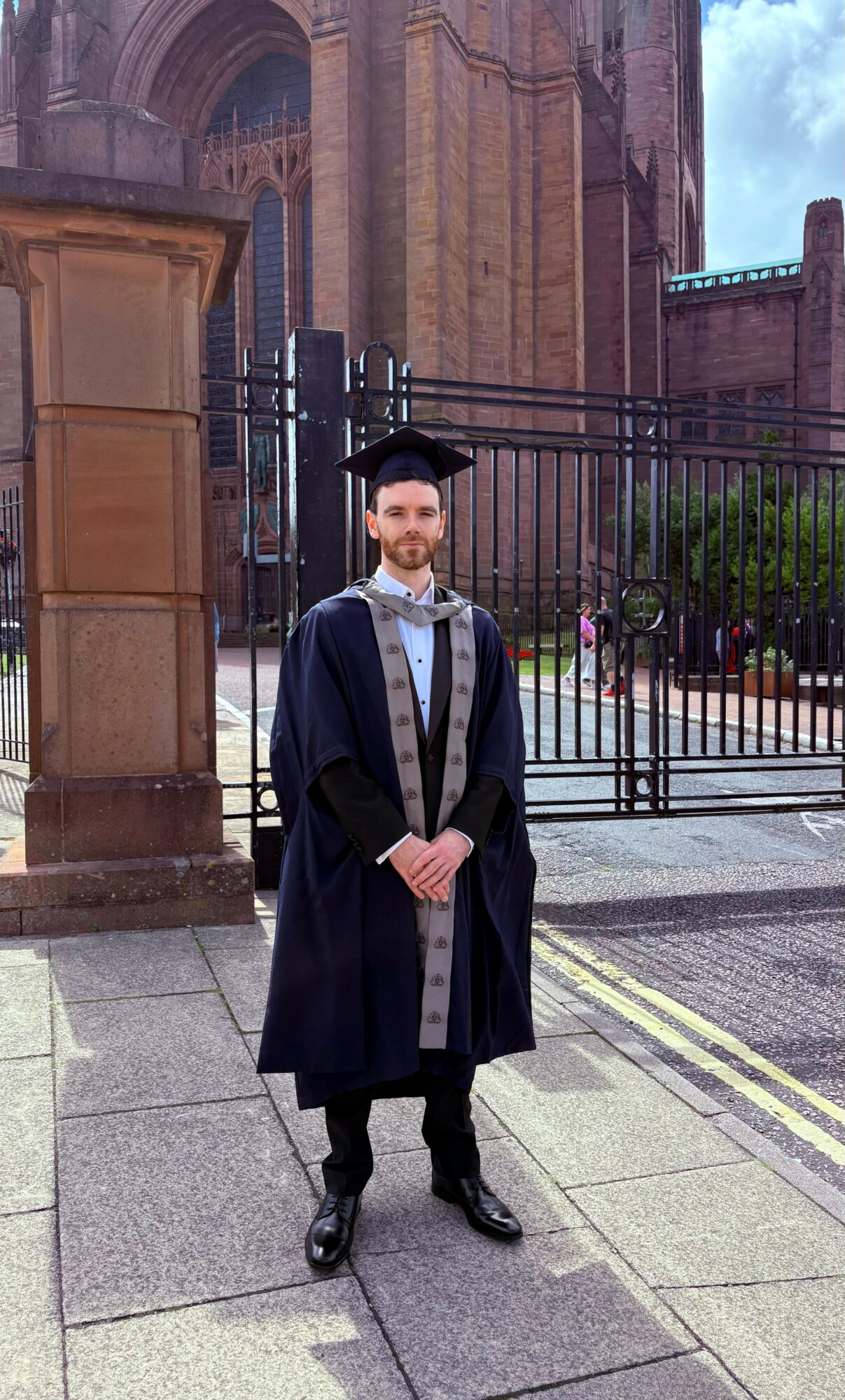

Brian Sheil shared their story and experiences with us recently and you can find our conversation below.
Brian, a huge thanks to you for investing the time to share your wisdom with those who are seeking it. We think it’s so important for us to share stories with our neighbors, friends and community because knowledge multiples when we share with each other. Let’s jump in: Have you ever been glad you didn’t act fast?
Definitely. Navy SEALs say, “Slow is fast,” and that couldn’t be truer in my experience. Whether it’s music production or audio forensics, rushing can lead to mistakes or missed details. Taking a moment to slow down, assess, and plan carefully actually speeds things up in the long run.
I remember an ENT doctor telling me once that sometimes the best thing a doctor can do is nothing when things are unclear, not to intervene right away, but to wait and see how things develop. Obviously doesn’t apply to every case, but you get my gist. That really stuck with me because it applies to so many areas of life and work. Sometimes patience and restraint make all the difference.
Early in my career, I was eager to say yes to every opportunity, but I learned that patience and strategic choices lead to better results. Even during my MSc, methodically analysing complex audio cases rather than jumping to conclusions made my work far more solid. It’s like how we building “confidence thresholds” in forensics too, slowly, piece by piece.
Sometimes the best move is to pause and think—slow really is the fastest way forward.
Can you briefly introduce yourself and share what makes you or your brand unique?
Hey, I’m Brian Sheil. Firstly, thank you for having back at Voyage LA again! I was here in 2023. I’m a music producer, audio mixer, and GRAMMY Voting Member originally from a small town in Ireland called Carlow, now living between Los Angeles and Ireland.
I’ve been working in music professionally since my teens, and over the years I’ve been lucky enough to have eight Number 1 records and over 30 million streams globally. But alongside that, I’ve always been fascinated by the science of sound, how it works, how it’s manipulated, and how it can be used as evidence.
That curiosity led me to complete a Master’s degree in Audio and Video Forensics last year. It was a bit of a mad move – I was mixing records by day and studying digital evidence, deepfakes, and forensic authentication by night. But it’s been incredibly rewarding, especially now that synthetic audio is such a big issue in both security and entertainment. I graduated in July 2024 with a 1.1 Distinction.
In the same month, I was honoured to be invited to join the Recording Academy as a Voting Member, which means I now get to help decide who wins on The GRAMMYs each year, and also contribute to bigger conversations around fairness and advocacy in the music industry. I’ve also recently represented Ireland as a judge at the 2024 Eurovision Grand Final, which was surreal!
Right now I’m working with artists across the U.S., Europe and Asia, and also getting ready to publish some of my original research. What ties it all together for me is sound, whether I’m in a studio or a forensic lab, and using it to tell the truth, move people, or make something that lasts.
Okay, so here’s a deep one: What did you believe about yourself as a child that you no longer believe?
As a kid, I thought life – and especially success – was linear. You set a goal, work hard, follow the steps, and things fall into place. I believed there was one “right” way to do things in music, in life, in everything. But over time, I’ve learned that’s just not how it works. You make a plan… and God laughs.
Both music and audio forensics have taught me that life exists in the grey areas. In music, you can do everything “technically right” and still miss the feeling. In forensics, you’re trained to analyse the smallest details, but even then, there’s rarely a black-and-white answer. One word that kept coming up during my MSc thesis was nuance. I used it constantly, but I also started to feel it more in conversations, creative decisions, even just navigating the uncertainty of life.
So now, I no longer believe in a perfectly mapped-out route. The most important lessons and opportunities I’ve had came from detours and surprises. I still make plans, I just try not to cling to them. Curiosity, adaptability, and a good sense of humour go a long way.
What did suffering teach you that success never could?
Suffering taught me something success never could: resilience — the kind that sticks with you when the lights are off and no one’s watching.
When everything’s flowing, the charts, the deals, the recognition, it’s easy to feel in control. But when you’re overwhelmed, doubting yourself, and under pressure? That’s when your real character shows up. Those are the moments that strip away ego and force you to ask: Can I keep going even when there’s no traction or applause?
Through both music and my MS in Audio & Video Forensics, I’ve learned that success is a performance, but suffering is a test. There were times during my degree, balancing life in LA, immigration paper work, wildfires chaos and uncertainty, time zones that made no sense, where I genuinely hit the wall. I defended my thesis at 2am LA time. I wrote huge parts of my research 38,000 feet in the air, on the 10.5-hour Aer Lingus flight from Dublin to LA – and then back again. Not recommended, but necessary. All this within six months of moving halfway across the world.
But you keep showing up. You focus on the next task. One step. One line. One breath. That’s where the SEAL mindset comes in – “embrace the suck,” as they say. Stay calm in chaos. Master the art of being uncomfortable.
Success never teaches you that. Only hardship does.
I think our readers would appreciate hearing more about your values and what you think matters in life and career, etc. So our next question is along those lines. What important truth do very few people agree with you on?
That taste is more important than talent especially in music, and honestly, in a lot of fields.
We put so much emphasis on raw talent, technical skill, academic ability, but I’ve learned over and over again that taste, instinct, and perspective often matter more. The ability to know what works, when to hold back, when to push – that’s where the magic lives. You can teach technique, but you can’t teach intuition. And in both music production and audio forensics, that kind of judgment call can be the difference between a great record and a forgettable one, or between evidence that stands up in court and something that falls apart under scrutiny.
Very few people want to hear that, especially in industries where credentials or accolades are the currency. But some of the most impactful people I’ve worked with weren’t necessarily the most “qualified” on paper. They just had it. And that matters.
And separately, and funnily enough, I also believe politicians aren’t paid enough. Given the madness they deal with daily, the scrutiny, and the impossible balancing act, I think most people would crumble. If we paid them better, maybe we’d attract better people. So maybe it’s time we reconsider how we value that role
Okay, so before we go, let’s tackle one more area. When have you had to bet the company?
For me, “betting the company” isn’t always about risking a business but more about putting everything on the line, my reputation, my time, and my energy on projects or decisions where the outcome is uncertain but the potential payoff is huge. One of the biggest bets I made was pursuing my MSc in Audio and Video Forensics while maintaining my music career across Ireland and Los Angeles. Balancing intense study like writing my thesis on transatlantic flights and defending my Masters thesis at 2am LA time, with professional commitments was a serious challenge.
Before all of this, I was navigating the process of securing my extraordinary talent visa from the US, which was an honor to receive and am super grateful for. It felt like betting everything on myself: my future, my reputation, and my ability to deliver under pressure.
That risk opened new doors and allowed me to merge my creative work with cutting-edge forensic audio research, which is becoming increasingly vital in today’s world. Sometimes you have to back yourself fully to move forward.
Contact Info:
- Website: https://www.briansheilmusic.com
- Instagram: https://www.instagram.com/briansheil/?hl=en
- Linkedin: https://www.linkedin.com/in/briansheil/
- Facebook: https://www.facebook.com/briansheil

Image Credits
None














